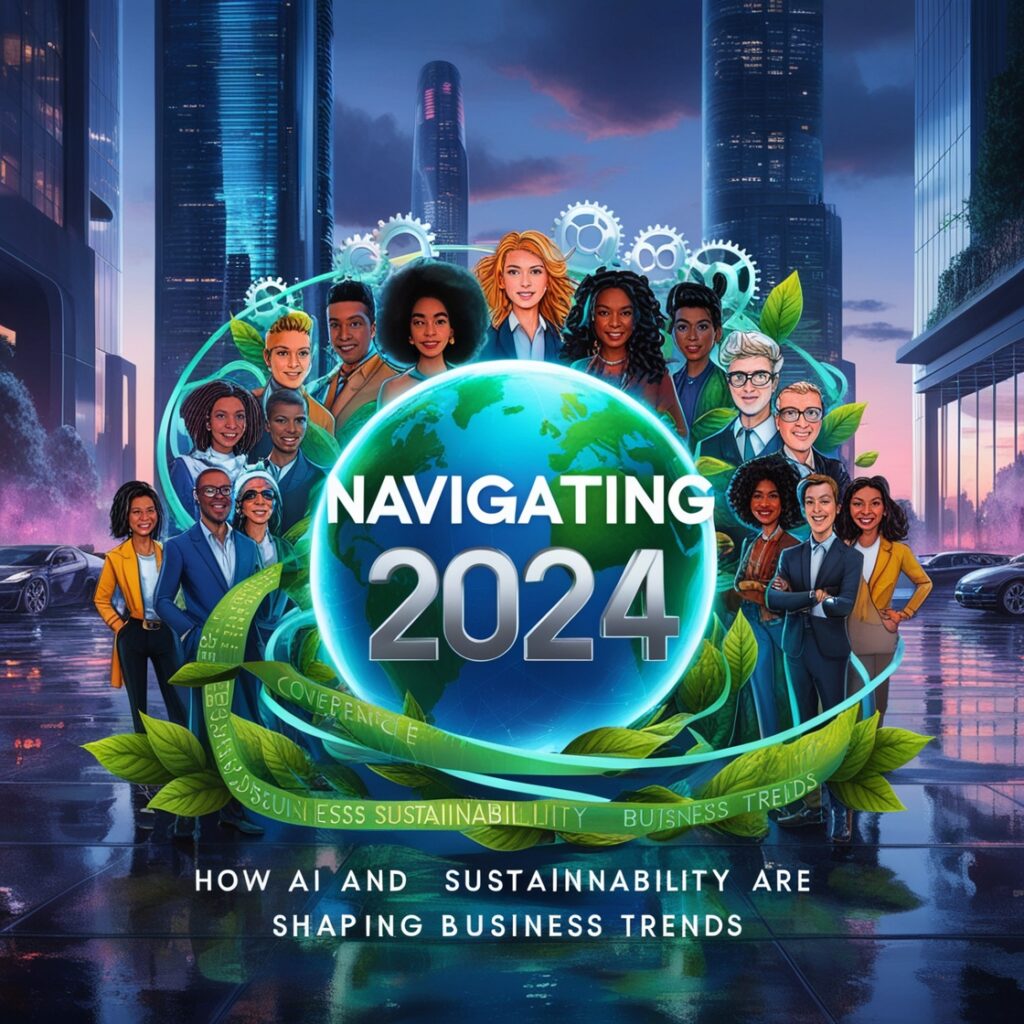By Bizbuzzup

Introduction
In 2025, Artificial Intelligence (AI) is no longer just a buzzword—it’s the backbone of global innovation and, simultaneously, a source of growing controversy. From healthcare and education to warfare and elections, AI systems now influence nearly every aspect of human life.
The rise of generative AI, autonomous systems, and decision-making algorithms is transforming economies, labor markets, and governance—but at what cost?
This article examines:
- The latest breakthroughs in AI
- The industries being reshaped
- Ethical and regulatory challenges
- What the future holds for humans in an AI-driven world
1. The AI Explosion: What’s New in 2025
- OpenAI’s GPT-5 and Google’s Gemini Ultra now power real-time virtual assistants with human-like reasoning
- Autonomous agents can now perform multi-step tasks across the web, in finance, and in coding
- Synthetic data generators train models faster and more safely than ever
- AI is increasingly multi-modal: combining text, images, voice, video, and sensor data
“AI today is not just intelligent—it’s collaborative, creative, and deeply integrated into our daily lives,” says Fei-Fei Li, co-director of Stanford’s Human-Centered AI Institute.
2. Industries Disrupted by AI
🏥 Healthcare
- AI diagnostics now rival human doctors in radiology, pathology, and ophthalmology
- Personalized medicine uses AI to design treatment plans tailored to genetic profiles
- Robotic surgeries are becoming more precise and less invasive
📈 Finance
- AI bots manage portfolios, execute trades, and predict market movements
- Fraud detection has become faster and more accurate with real-time anomaly detection
- Risk assessment is increasingly algorithm-driven
🎓 Education
- AI tutors provide adaptive learning experiences for students globally
- Automated grading, feedback, and content creation are streamlining teaching
- Language models are powering global translation and accessibility
🏭 Manufacturing & Logistics
- Predictive maintenance and AI-driven robotics reduce downtime and costs
- Self-driving trucks and drones are revolutionizing supply chains
- Smart factories use AI to optimize productivity and energy efficiency
3. The Dark Side: Ethical and Social Dilemmas
⚠️ Bias and Discrimination
Many AI systems still reflect biases in their training data, leading to unequal outcomes in hiring, policing, and healthcare. Without transparency, these biases remain hard to detect or correct.
🧠 Misinformation and Deepfakes
Generative AI is now able to produce hyper-realistic fake images, voices, and videos. Used maliciously, this technology can sway elections, ruin reputations, or incite violence.
🏢 Job Displacement
AI is replacing millions of jobs in administration, customer service, and even law. McKinsey estimates that by 2030, 800 million jobs worldwide may be affected by automation.
🎯 Autonomous Weapons
AI-powered drones and missile systems raise urgent questions about human control and accountability in warfare. The UN has called for urgent regulation of “killer robots.”
4. Global Responses and Regulations
🇪🇺 European Union
- Enacted the AI Act, classifying systems by risk level and enforcing strict compliance
- Bans real-time facial recognition in public spaces
🇺🇸 United States
- Created the National AI Safety Board in 2024
- Focused on industry self-regulation with incentives for ethical design
🇨🇳 China
- Tight control over AI content through surveillance and censorship
- Leading in AI research for surveillance, facial recognition, and social scoring
🌍 Global Initiatives
- The OECD and UNESCO have issued AI ethics guidelines
- The AI for Good summit is expanding in 2025, promoting equitable global AI access
5. AI and the Human Future: Where Are We Going?
Some experts see AI as humanity’s greatest tool, while others fear it may surpass human intelligence and control.
🚀 Potential Futures:
- Co-evolution: AI augments human capabilities in medicine, creativity, and learning
- Dominance: A few tech giants control global AI infrastructure and data
- Singularity: The moment when AI becomes self-improving and potentially uncontrollable
“We must guide AI development with humanity’s collective values, not just market forces,” warns Yoshua Bengio, Turing Award winner.
6. What You Can Do: Living Ethically with AI
- ✔️ Stay Informed: Understand how AI tools influence your decisions and information sources.
- ✔️ Use AI Responsibly: Leverage AI tools for productivity, but question their output and limitations.
- ✔️ Support Regulation: Advocate for laws that ensure transparency, accountability, and fairness.
- ✔️ Upskill Continuously: Learn how to work with AI rather than compete against it. AI literacy is the new digital literacy.
Final Thoughts
Artificial Intelligence in 2025 is a double-edged sword—a powerful ally or a dangerous force, depending on how we choose to use it.
Its rise challenges us to reimagine what it means to be human, what we value, and how we coexist with machines that think. If we act wisely, AI could become the greatest achievement of our species.
But if left unchecked, it may become our most unpredictable threat.
External Resource: Th3Professional
By Bizbuzzup












